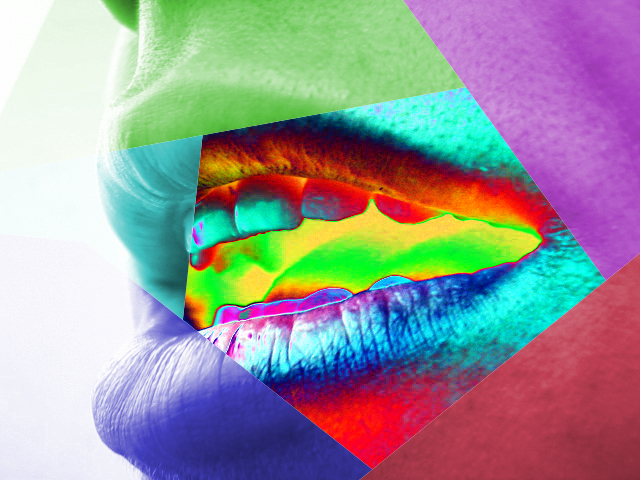Antibiotics' attack hits belly harder
 A new study has looked at just how much of our useful, natural microbes are destroyed by antibiotics.
A new study has looked at just how much of our useful, natural microbes are destroyed by antibiotics.
The research suggests the toll of antibiotics on a healthy microbiome can be very serious.
The European project consisted of two randomised, placebo-controlled trials of healthy people.
The teams observed that a single course of oral antibiotics altered the composition and diversity of the gut microbiome for months, even up to a year.
Such a long-lasting blow to the microbiome could easily clear the way for pathogens, including the deadly Clostridium difficile, the study showed.
The shifting communities can alter other normal microbial activities too, including the interactions with the immune system and digestion.
The study suggests that antibiotics can have even more side effects than previously thought.
But that finding was based on investigations involving gut bacteria, whereas a similar study for microbial communities in the mouth came to a different result.
In the mouth, researchers found that microbial communities responded much better to the wallop of antibiotic treatments.
The trials led by the University of Amsterdam followed 66 healthy participants - 29 in Sweden and 37 in the United Kingdom.
Participants were randomly assorted into a placebo group or one of two groups given antibiotics.
The two antibiotics given in Sweden were lincosamide (clindamycin) and quinolone (ciprofloxacin), while the UK trial used tetracycline (minocycline) and penicillin (amoxicillin).
Microbes of each person’s saliva and faeces were sequenced before and after they took a course of drugs, with follow up sampling at 1, 2, 4, and 12 months.
The results showed that gut microbial diversity was significantly altered by all four kinds of antibiotics, lasting for several months.
Participants that took ciprofloxacin saw their microbial diversity altered for up to 12 months.
The antibiotic treatments also caused a spike in genes associated with antibiotic resistance.
The researchers found that clindamycin killed microbes that produce butyrate, a fatty acid that inhibits inflammation, carcinogenesis, and oxidative stress in the gut.
Meanwhile in the oral microbiome, the communities surprisingly rebounded within a short time - in some cases just a week. Furthermore, the amount of genes associated with antibiotic resistance was generally stable before and after drug treatments.
The authors speculate that the oral microbiome may be more steady because of the constant onslaught of bacterial disturbances, including tooth-brushing and changes in moisture and air.







 Print
Print